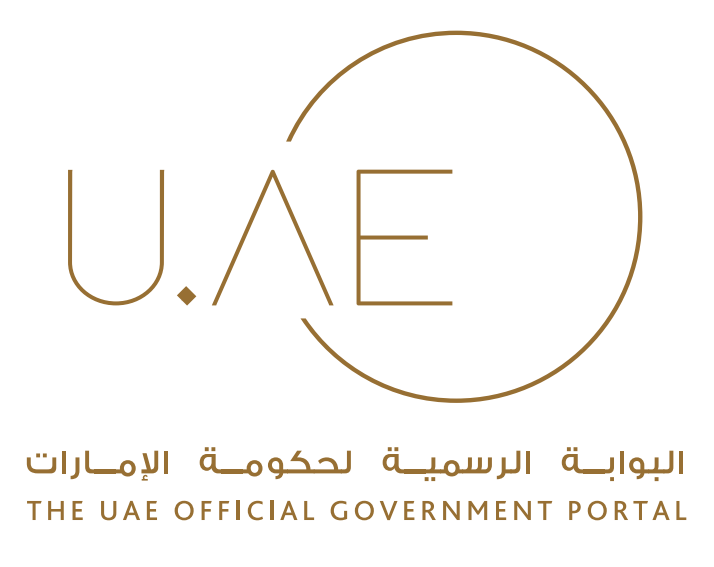- Dubai Free Zones Model 2030 Supports Dubai Economic Agenda D33 and Enhances Emirate’s Competitiveness
During the Dubai Free Zones Council’s (DFZC) 28th meeting, chaired by His Highness Sheikh Ahmed bin Saeed Al Maktoum, council members confirmed that the directives of His Highness Sheikh Mohammed bin Rashid Al Maktoum, Vice President and Prime Minister of the UAE and Ruler of Dubai, to enhance the elements of a diversified, sustainable, resilient and future-ready economy constitute the master plan for designing the Dubai Free Zones Model 2030. It also supports the achievement of the objectives of the Dubai Economic Agenda D33 over the next decade and enhances the competitiveness of the emirate’s economy.
The council members highlighted that the Dubai Free Zones Model 2030, a strategic plan within the agenda of The Executive Council of Dubai and its Strategic Affairs Council, will support the efforts to double the size of Dubai's economy by 2033 and increase annual foreign direct investment in the next decade, in line with the Dubai Economic Agenda D33, attracting global businesses and investors to launch key economic projects and establish successful partnerships from Dubai's free zones, and to consolidate its position among the top three global cities.
The Council also reviewed the updated version of Dubai Free Zones Model 2030, which covers four pillars – economic, highlighting the ease of doing business and a unified incentives program that boosts the attractiveness of free zones; social, providing a modern lifestyle that attracts talents and skillsets; environment, achieving net-zero emissions by 2050 and increasing the contribution of clean energy to 30% by 2030; and governance, simplifying processes, procedures, and service delivery.
The council members discussed the updates of the free zones contribution to Dubai’s GDP, economic statistics and indicators, and the dashboard for the free zone authorities and the council, which will provide data around the authorities’ contribution to economic indicators and real-time information on licenses, workforce, foreign investment and foreign trade. DFZC also highlighted the significance of integrating information, statistics, and data.
The council members also highlighted the importance of license regulation at Dubai’s free zones in enhancing competitiveness and simplifying the practice of business across the emirate in line with the zero-government bureaucracy program, in addition to regulating taxes in line with the ministerial decisions on corporate tax, and opportunities to benefit from zero tax on businesses in the free zones and abroad.
DFZC commended the Emiratisation efforts of Dubai's free zone authorities, and the companies based within them. Council members also listened to proposals to enhance the role of partnerships with free zone-based companies in future Emiratisation programs, including more career fairs, field training opportunities for students and graduates to enhance their skills and qualify them for the job market, as well as encouraging companies to continue employing local talents. In addition, the Council recommended recognizing companies for their employment efforts.









 For an optimal experience please
For an optimal experience please